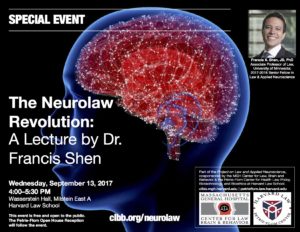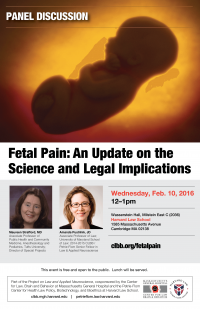New technologies with implications for human health and enhancement are developing at breakneck speed, with fundamental changes in genomic medicine, reproductive technology, neuroscience, and even how we die. Each of these technologies raises important questions at the intersection of ethics, law, and politics. What role should the government have in regulating scientific innovation? How should we weigh potential risks and benefits, to individuals, vulnerable populations, and even the environment? Can these technologies be used to promote justice, or do they risk entrenching existing disparities? Glenn Cohen ‘03, faculty director, Petrie-Flom Center at Harvard Law School; Judith Edersheim ‘85, co-founder and co-director, Center for Law, Brain and Behavior, Harvard Medical School; Atul Gawande, executive director of Ariadne Labs; and Eric Lander, president and founding director of the Broad Institute of Harvard and MIT, discussed these pressing questions, and more, from their perspectives as lawyers, scientists, and clinicians. Carmel Shachar ‘10 hosted the panel. Their talk was part of the HLS in the World bicentennial summit which took place at Harvard Law School on Friday, October 27, 2017. Read more: http://200.hls.harvard.edu/
Watch video of the entire event here!





